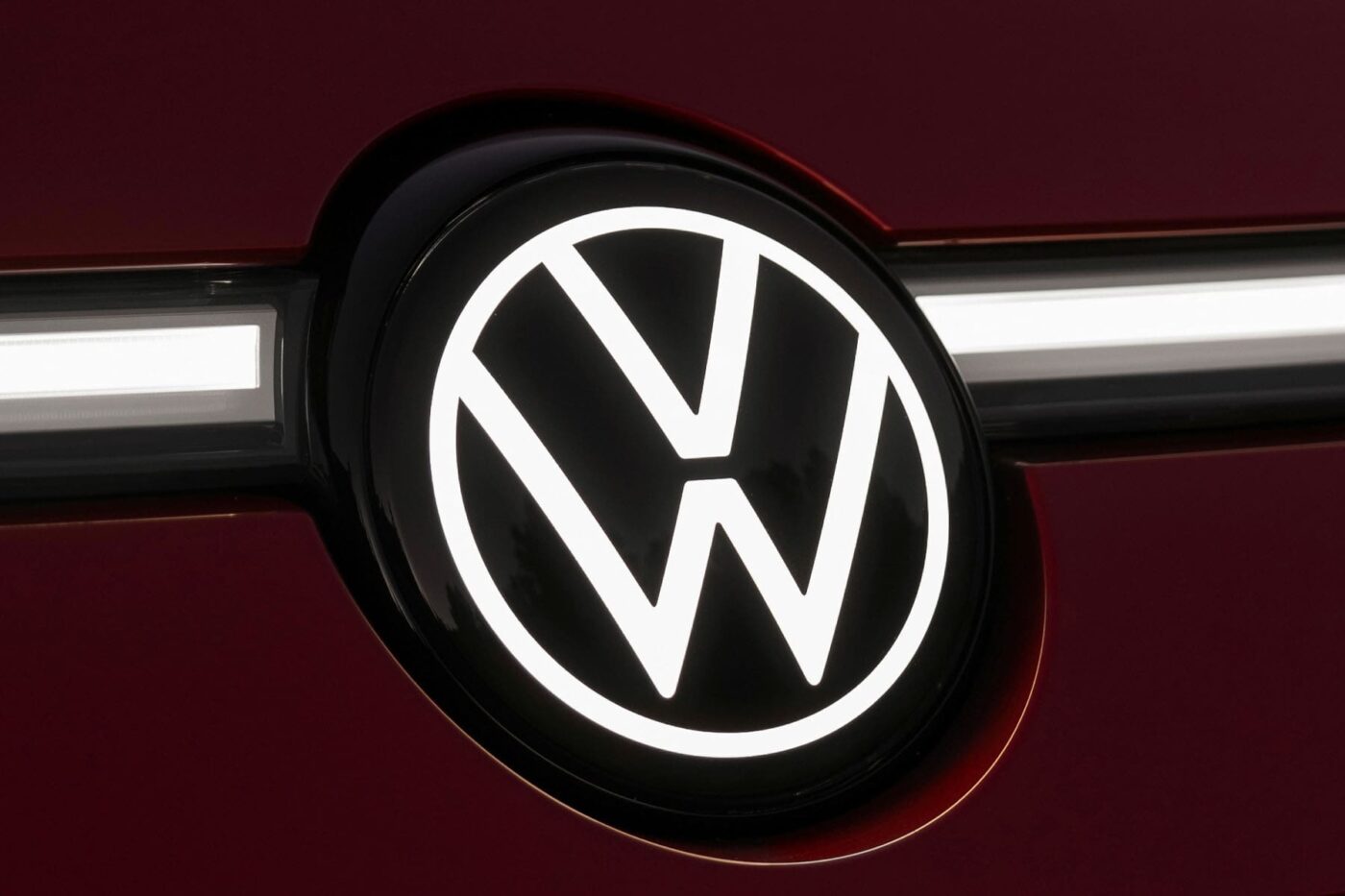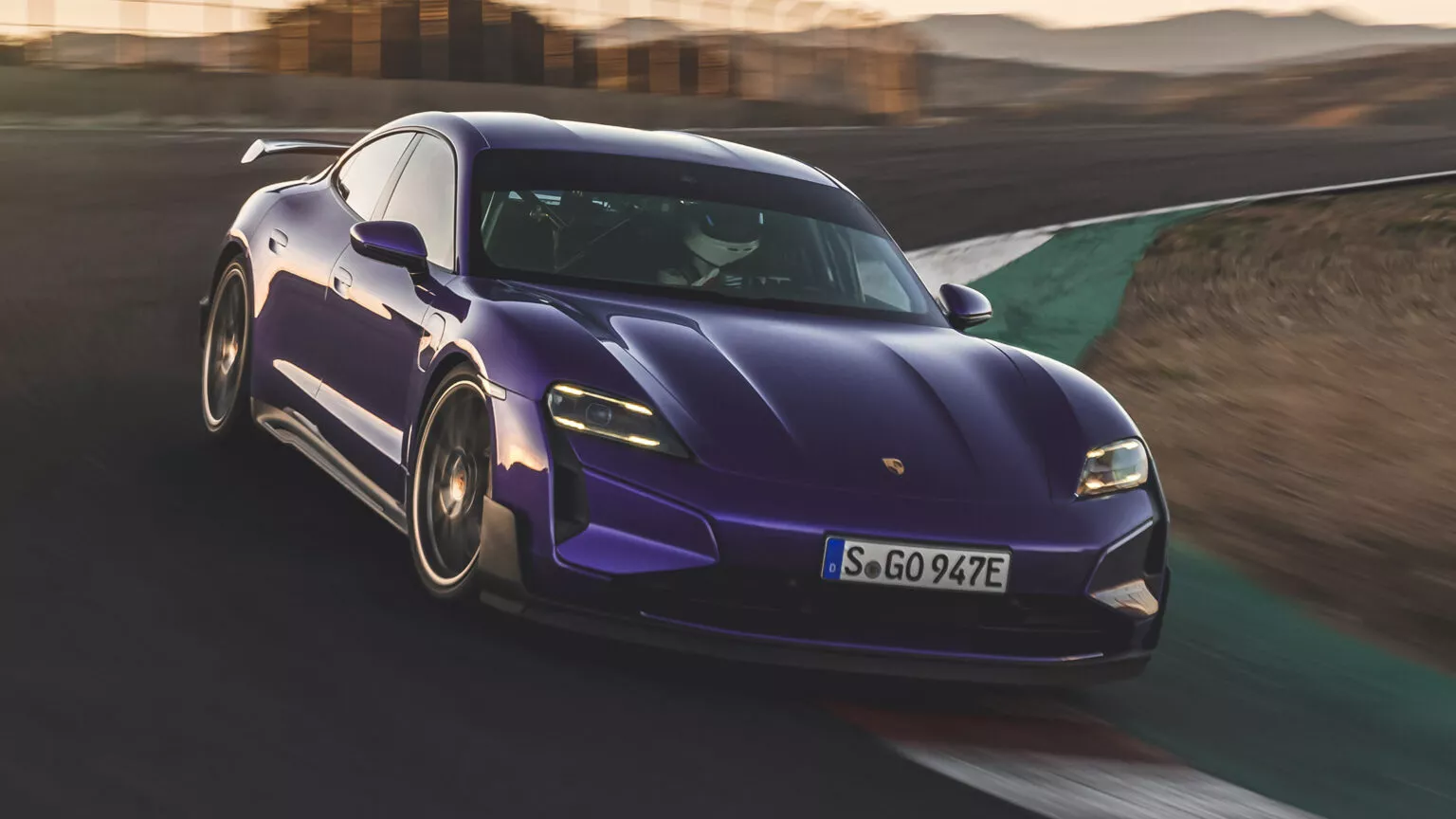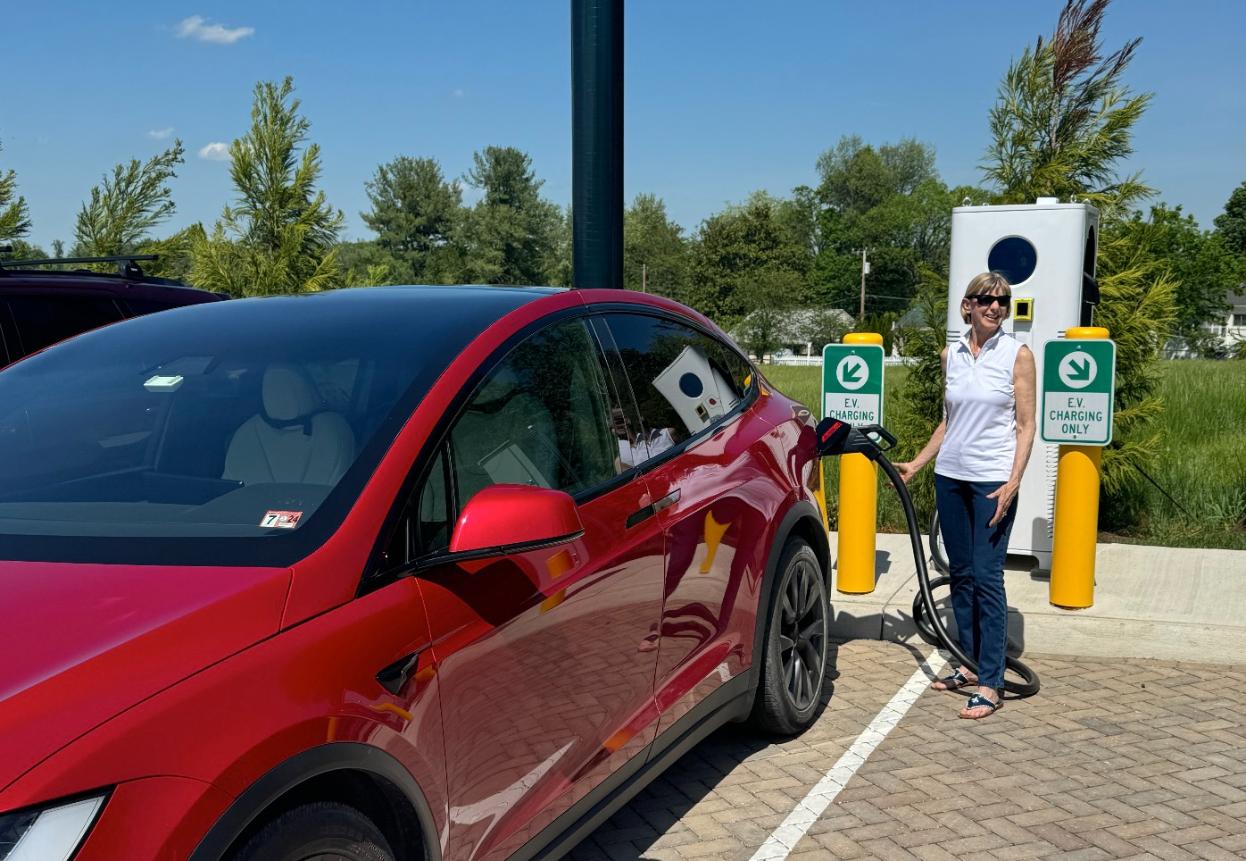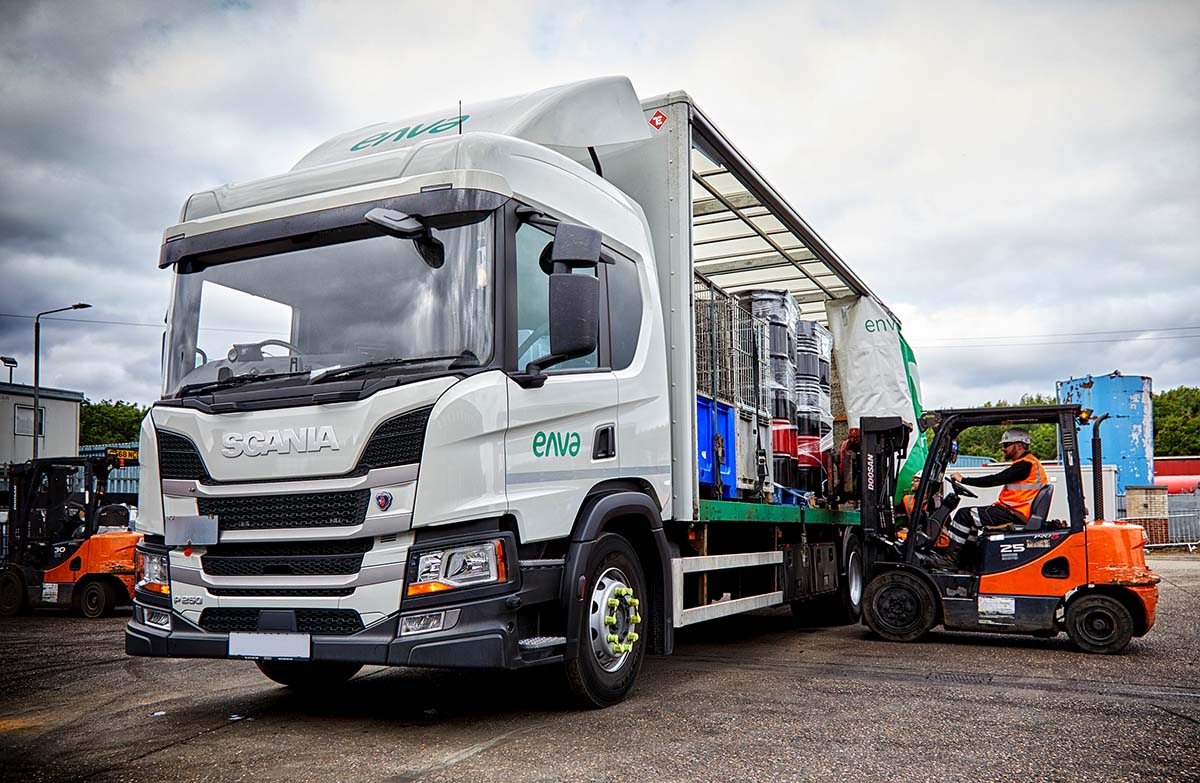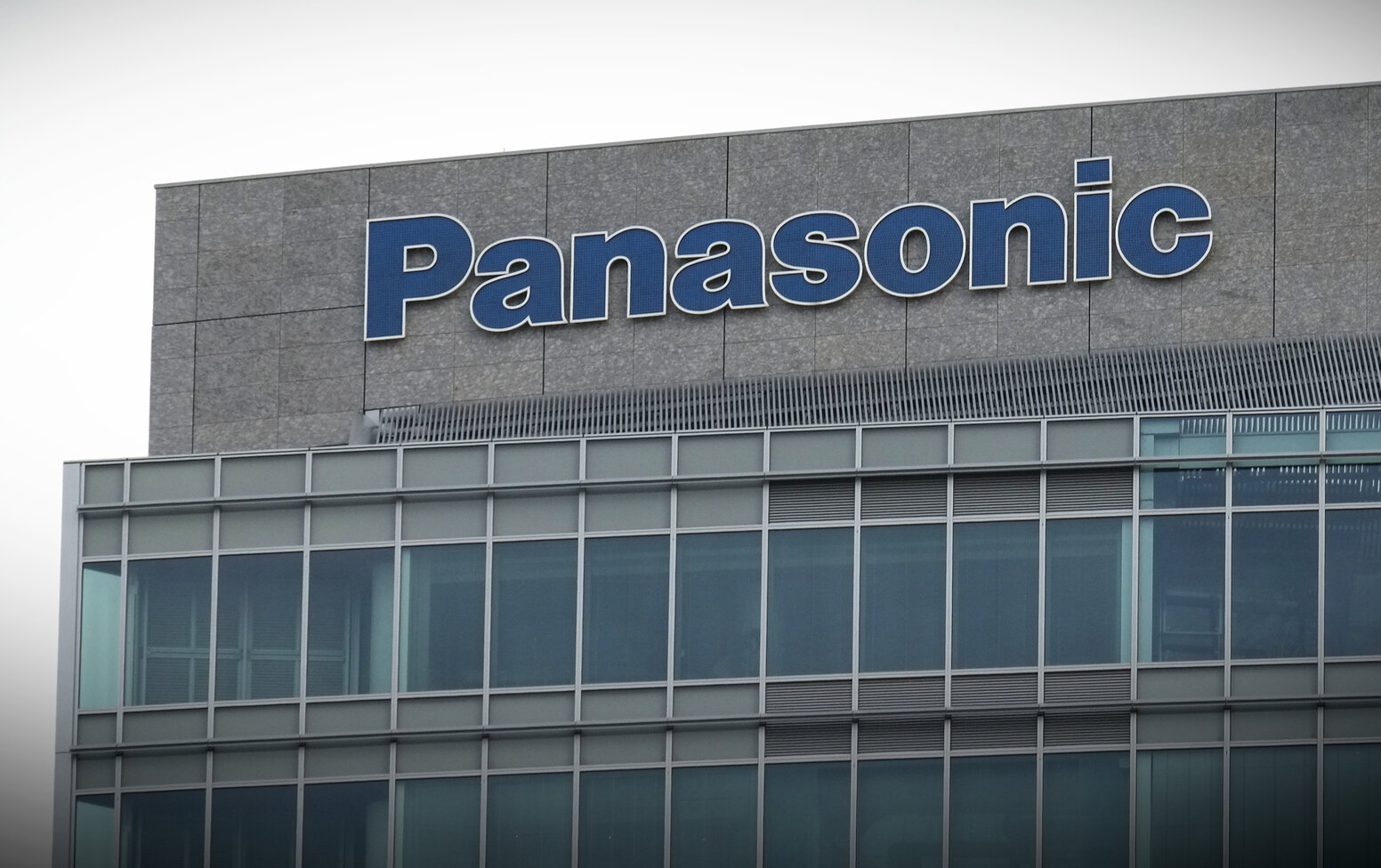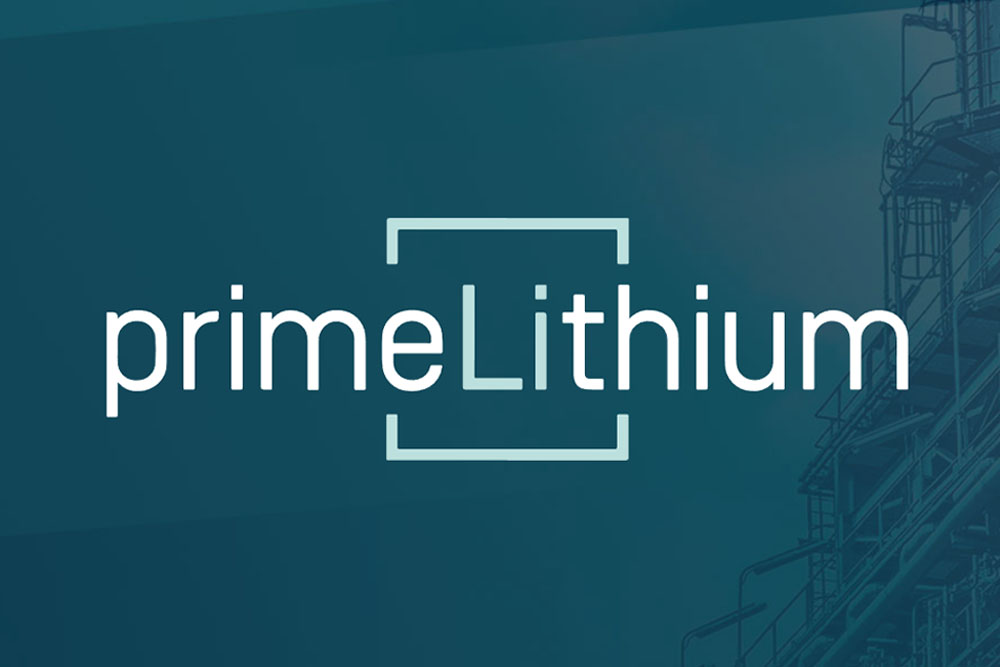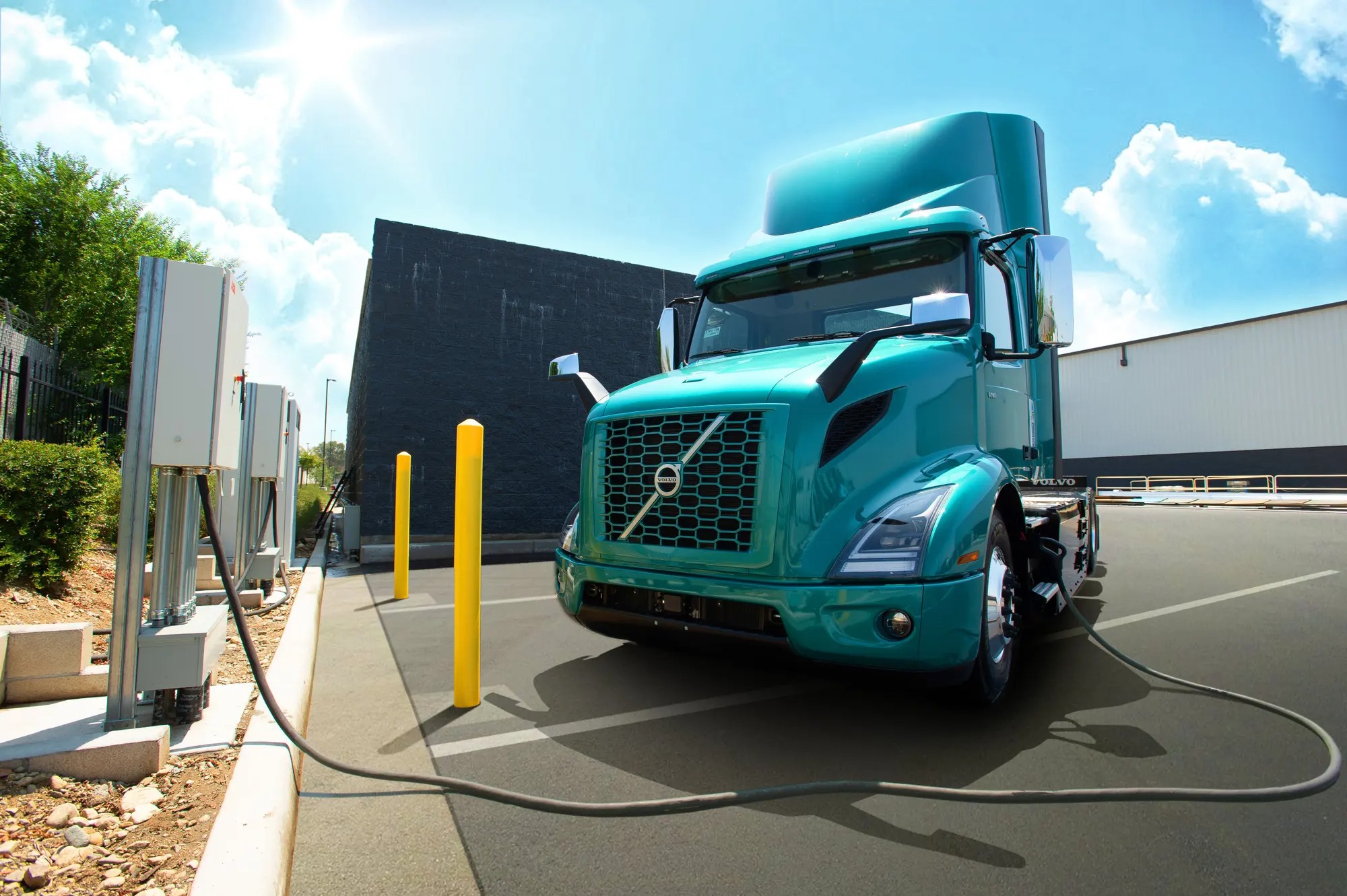Volkswagen Group has announced a strategic pivot, aiming to maintain a substantial presence in the combustion car sector alongside the industry’s electrification drive. This decision comes against a backdrop of evolving market dynamics, including a slowdown in demand for battery-electric vehicles (EVs).
Contrary to its previous stance of fully embracing EVs, the VW Group now plans to allocate two-thirds of its €180 billion capital investment to electrification and digitalization, with the remaining third dedicated to keeping its combustion cars competitive, according to VW Group CFO and COO Arno Antlitz.
Antlitz emphasized this balanced approach, stating, “The future is electric, but the past is not over. It is a third and it will stay a third.”
In a bid to expand its electric vehicle offerings, VW intends to develop a small, affordable battery-electric vehicle (BEV) independently, following the breakdown of partnership talks with Renault. These entry-level BEVs are projected to cost around €20,000 ($21,756) and will benefit from localized production in Europe.
Despite its focus on electrification, VW acknowledges the need to stabilize cooling sales of BEVs with an increase in plug-in hybrids. This marks a departure from its earlier strategy, which placed the ID family of battery-electric cars at the forefront of its plans.
Former CEO Herbert Diess had previously announced ambitious plans to introduce up to 75 full-electric vehicles over the next decade, affirming in 2021 that electric mobility “has won the race.” However, VW has encountered challenges with its electrification strategy, including setbacks with various EV launches and trailing behind local competition in China.
The shift in strategy also reflects a broader industry trend, with German automakers responding to increased competition from Chinese rivals like BYD and SAIC’s MG Motor entering the European market. Additionally, VW has canceled plans to seek investment for its battery unit and construct a €2 billion EV factory in Germany.
Regarding its battery factories, VW anticipates a slower ramp-up to full capacity, despite commencing production in 2025. According to current plans, PowerCo is expected to supply cells for approximately 3 million EVs by 2030 under a €20 billion investment.

